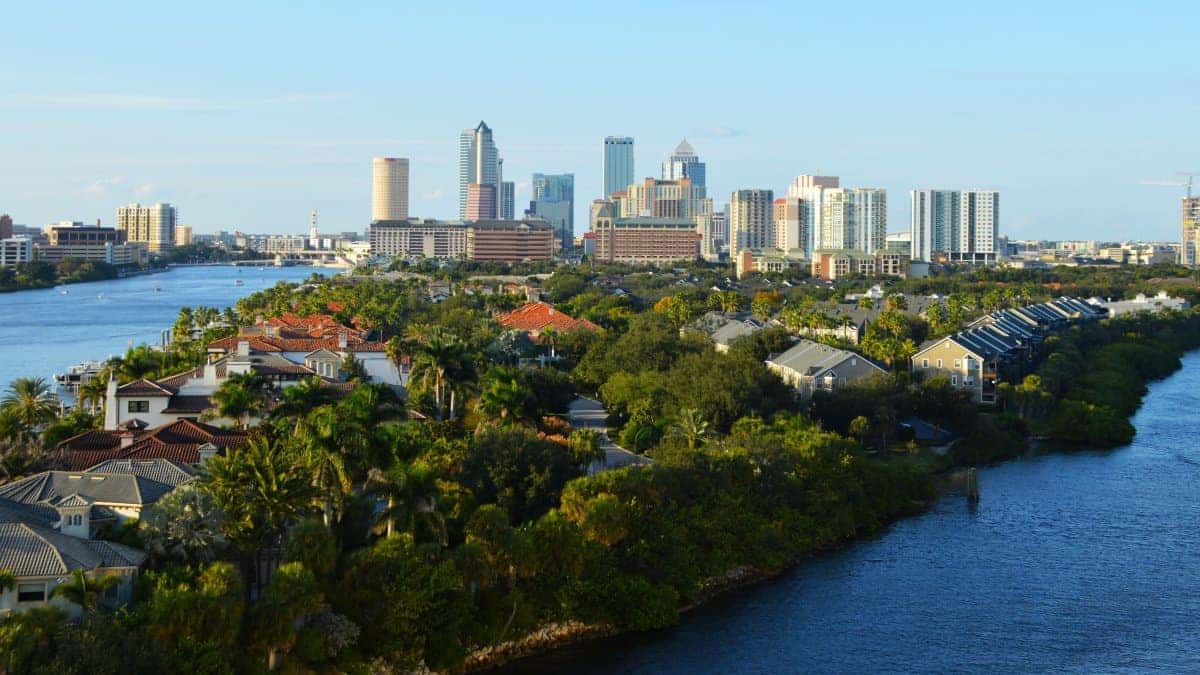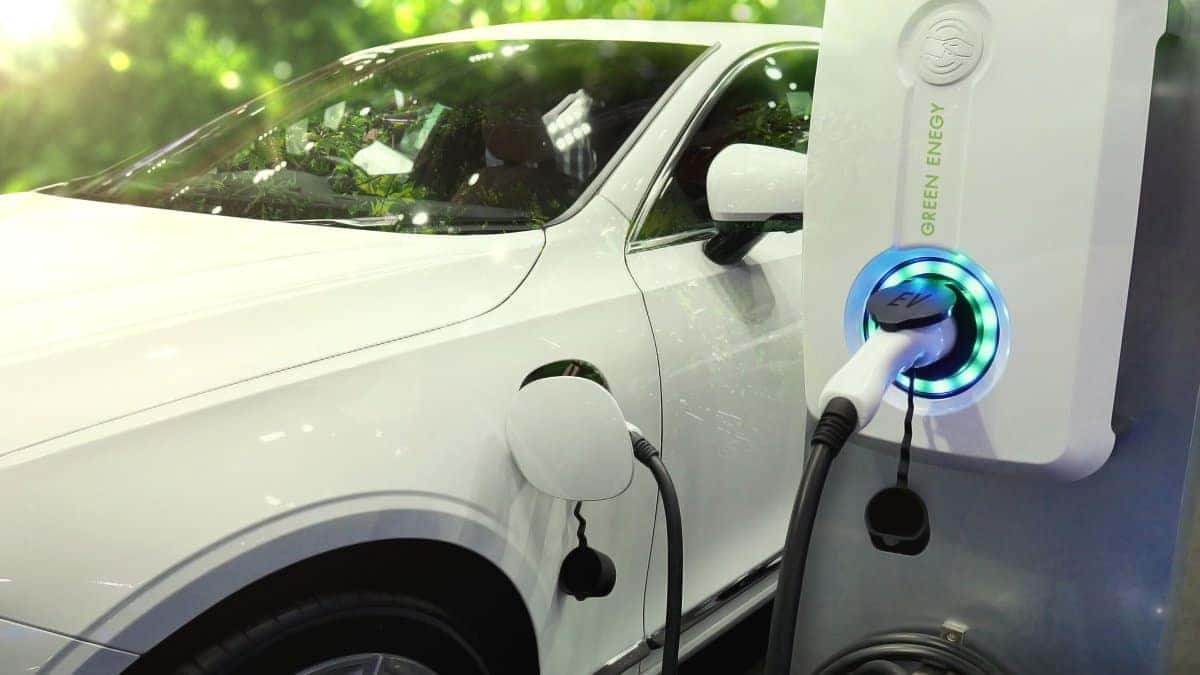
Small changes in your life can have big impacts.
We constantly hear about climate change. We’ve all heard how temperatures are rising, snow and rainfall patterns are shifting, and how more extreme climate events—like heavy rainstorms to wildfires to record high temperatures—are already happening around the world. Many of these changes are linked to the rising levels of carbon dioxide and other greenhouse gases in our atmosphere caused by human activities. But it’s not too late to act. Efforts on both the personal and collective level can significant impact and reverse the situation.

Climate change’s impact on Florida—especially in Tampa Bay
With Tampa Bay being, well, a bay, rising sea levels here can have a dire impact. Studies, in fact, state that by 2040, sea levels along the Florida coast will likely rise 8 to 12 inches, making coastal floods more frequent. What used to be called hundred-year-floods will start taking place every few years. Extreme temperatures can also increase mortality risk by increasing rates of cardiovascular and cerebrovascular disease. Worse yet, hurricane seasons will become more severe, potentially causing unprecedented damage in the region. Even the emblematic Florida’s citrus industry will be affected by changing temperature, increasing the risks of citrus greening disease.
Smart public policies, though, along with changes in business practices and resident lifestyles, can work together to reduce some of the greatest risks.

What going green means
People constantly talk about “going green.” But what does that really mean?
Ultimately, it’s about the choices you make. Something as simple as meal planning and prepping can have impact the environment by reducing the amount of food waste you generate. Another conscientious choice? Stay away from “fast fashion” products and choose well-made garments. Granted, they might cost more, but they will surely last you more than one season.
Remember: Even little things add up.

What workplaces can do
People today talk of the Five Rs of being environmentally friendly: Reduce, Reuse, Recycle, Repair, and Rethink. Workplaces can take these Rs into account and find innovative ways to embrace them.
From the use of stationery and cleaning products to office lighting, businesses need to make sure all office components are eco-friendly. For example, eliminating single-use products, such as paper cups, coffee K-cups, or even avoiding the printing of handouts can greatly impact the amount of waste of office produces.
Even company policies that allow employees to work remotely (or that enourage workers to carpool) can make a big difference.

How going digital helps
Next time you print out a meeting agenda or presentation decks, ask yourself: Is this necessary? In most cases, creating and updating online versions of the documents is more than enough. Combine this with eco-friendly printing practices—such as using smaller fonts, setting your printer’s default to print double-sided—will help you reduce the amount of paper you waste every day.
Keep in mind that going digital doesn’t mean always-on. Did you know that the majority of office power is consumed by machines that are off but still plugged into a live outlet? Something as simple as using a power strip and having someone switch it off at the end of the day, can have save lots of power and money.

The rewards of making energy-efficient choices
Everyone can reduce their carbon footprint by taking advantage of today’s innovations on almost every front and actively choosing and using energy-efficient tools and products.
Next time you purchase a car, for instance, consider choosing a fuel-efficient model or one that runs on alternative energy. If you mostly drive around cities, a smaller hybrid might be all you need. And if you need a heavy-duty vehicle, such as a big SUV or a work truck, a clean diesel vehicle might be the best choice, since diesel engines are more powerful and close to 30 percent more efficient than similar-sized gasoline engines.
And it doesn’t matter if you’re looking to purchase a used car. Trustworthy dealerships, like Car Credit Tampa (sponsor of this article) have a wide selection of energy-efficient vehicles that will suit your needs.
Car Credit Tampa offers a wide selection of energy-efficient used cars. Their expert advisors will help you find the one that’s best for you. Click here to learn more.

